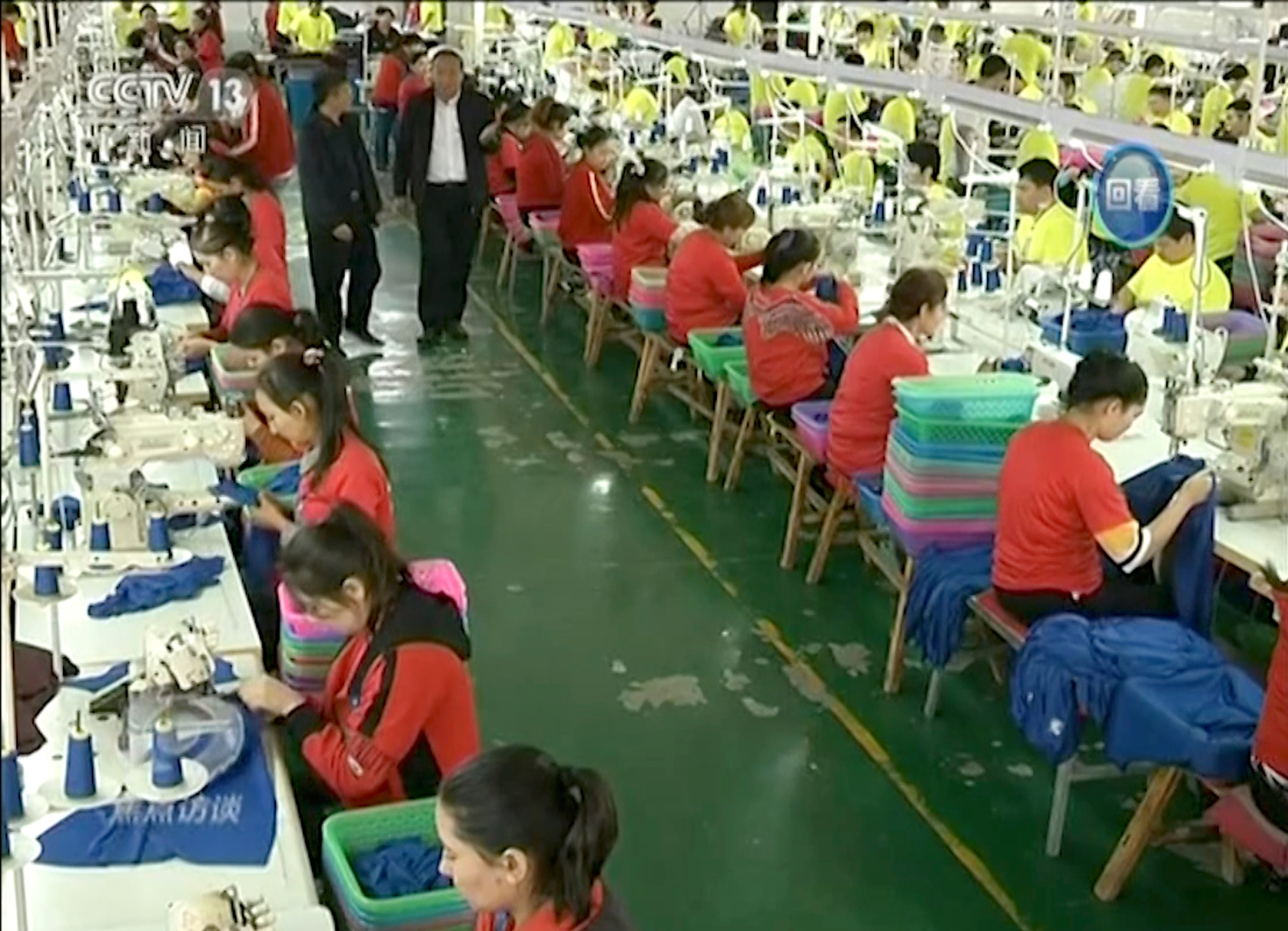China blasts US House bill, denies forced labor in Xinjiang
China is lashing out at the passage of a bill by the U.S. House of Representatives that threatens sanctions over the alleged use of forced labor in China's Xinjiang region, calling the allegation a lie

Your support helps us to tell the story
From reproductive rights to climate change to Big Tech, The Independent is on the ground when the story is developing. Whether it's investigating the financials of Elon Musk's pro-Trump PAC or producing our latest documentary, 'The A Word', which shines a light on the American women fighting for reproductive rights, we know how important it is to parse out the facts from the messaging.
At such a critical moment in US history, we need reporters on the ground. Your donation allows us to keep sending journalists to speak to both sides of the story.
The Independent is trusted by Americans across the entire political spectrum. And unlike many other quality news outlets, we choose not to lock Americans out of our reporting and analysis with paywalls. We believe quality journalism should be available to everyone, paid for by those who can afford it.
Your support makes all the difference.China on Tuesday lashed out at the passage of a bill by the U.S. House of Representatives that threatens sanctions over the alleged use of forced labor in China’s Xinjiang region, calling the accusation a lie.
Foreign ministry spokesman Wang Wenbin said the bill “maliciously slandered the human rights situation in Xinjiang” and sought to curb development and progress in the region while stirring up ethnic divisions and interfering in China’s internal affairs.
“The so-called problem of forced labor is totally a lie fabricated by some organizations and personnel in the United States and the West," Wang told reporters at a daily briefing.
The House voted 406-3 to declare that any goods produced in Xinjiang are presumptively made with the forced labor of detained Uighurs and other ethnic minorities, and therefore banned from being imported to the U.S.
If enacted into law, it could force companies to avoid a region that products 80% of the cotton in China, one of the world’s top producers of the fiber, as well as tomatoes and manufactured goods.
Members of Congress say the measure is needed to press China to stop a campaign that has resulted in the detention of more than 1 million Uighurs and other predominantly Muslim ethnic groups under brutal conditions.
Some companies and trade groups oppose a Xinjiang-wide declaration because it puts the burden on private enterprises to ensure that an often complex global supply chain is free of materials that have been produced with forced labor.
The U.S. has banned imports made with forced labor since 1930 to ensure fair trade. Enforcement has increased in recent years and U.S. Customs and Border Protection has blocked shipments by eight companies and entities operating in Xinjiang over the past year. The bill passed Tuesday would go further, shifting the burden to any company that operates in Xinjiang or buys goods from there to prove their goods are not tainted.